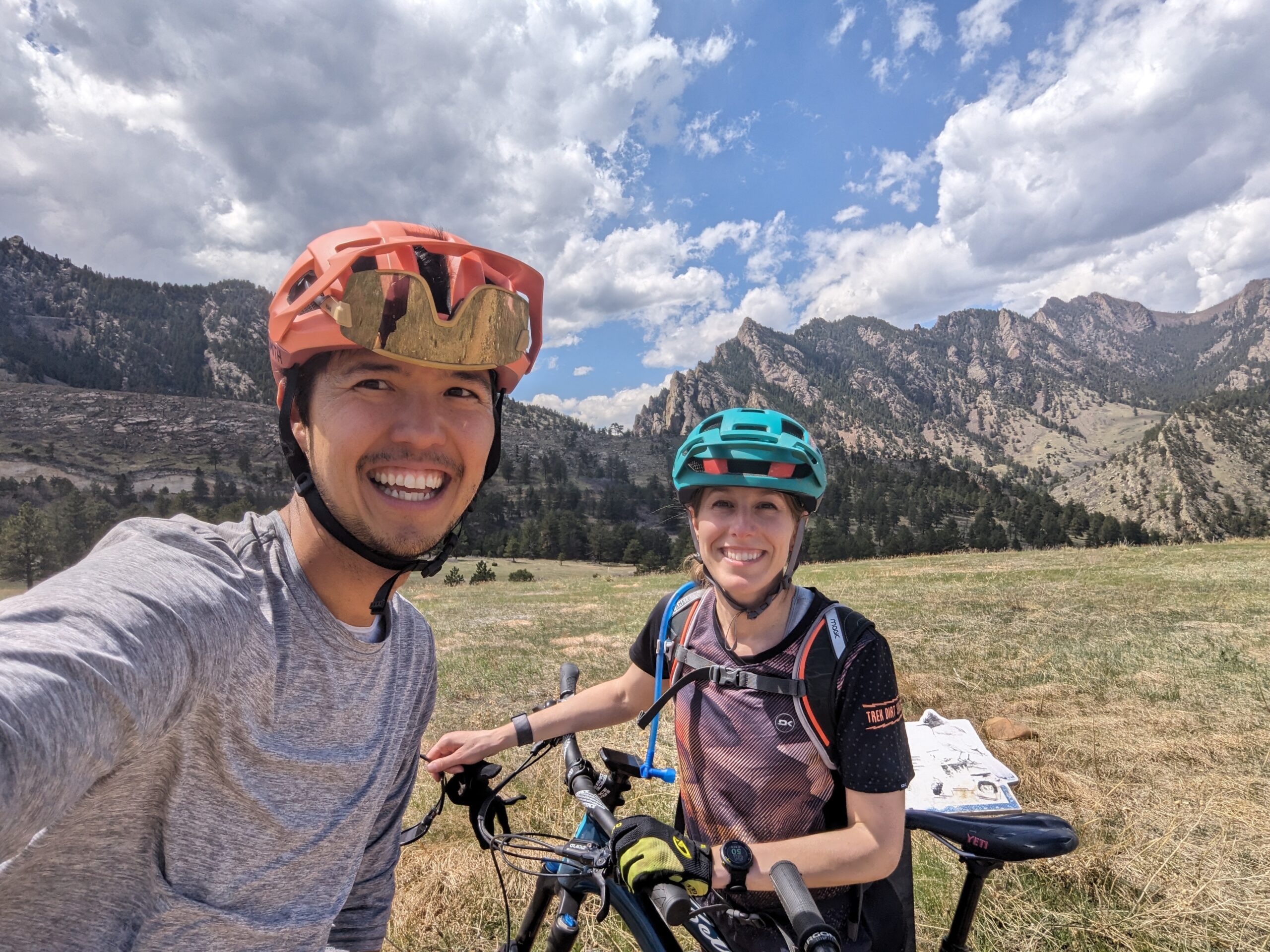
As psychedelic healing centers prepare to open in Colorado, they have many questions to answer. Which clients will be screened for conflicting conditions? How many people have had bad reactions, and what were they? And most importantly, are the shrooms, DMT and other substances working?
To help answer those questions, Althea, a Boulder-based company, has created software they hope will become the de facto system for providers of psychedelic-assisted therapy in Colorado and beyond, as dozens of other states explore the power of mind-expanding drugs to tackle depression, post traumatic stress disorder (PTSD), anxiety and more.
Boulder Weekly sat down with Althea’s co-founders Sara Bates and Niko Skievaski (whom readers will know from his Boulder Weekly columns on psychedelics) to learn how they got their start, how they feel about drugs and what’s next for the company.
The following has been lightly edited for length and clarity.
Tell me how Althea got its start. How did you guys get interested in psychedelics and this particular space?
Bates: Two years ago, I was in a pretty traumatic car accident and had some PTSD symptoms. I tried psychedelics to see if they would help me process that trauma and had amazing results.
Niko and I met through the health tech industry; my previous company focused on postpartum health. So when he started talking about this space, I was very intrigued — especially when he started talking about how to measure outcomes. My background is in data science and engineering. It’s something I know I can help with.
Skievaski: The first time I tried psilocybin was in the woods with friends maybe 15 years ago. I had a super profound experience. Since then, I have approached this type of medicine with respect and intention, using them every six months to a year.
Our country has this massive mental health problem, which has been growing with isolation and technology. Psychedelics seem like a bright spot compared to AI and war and climate change.
Is the software a service you’re offering facilitators? Are you supplying the state with a system that facilitators have to use?
Skievaski: It’s a little bit up in the air. Colorado is unique in that we’re actually requiring practitioners to record outcomes. In Oregon, they don’t.
In Oregon, they built their own system. We’re working with clinics and facilitators to collect the data, then they get a report and enter that into the government system.
Colorado doesn’t have a system yet. The state has to figure out: Do they build their own? Do they work with us directly? Do they recommend us to licensees?
Our long-term hope as a business model is that we can be the official system of record, really similar to cannabis with Metrc. They sell their software to a state that legalized cannabis, and that becomes the track-and-trace system for growers, retail stores, etc.
We’re going to do as best we can to offer software in Colorado and Oregon for free, and we’re hoping future programs…
Wait, so you’re not charging for this? Where are you getting the money to operate?
Skievaski: We’re currently committed to making the software free for facilitators, service/healing centers and their clients. We will explore revenue models that may include charging for certain features or charging other types of users.
We raised $1.5 million from two Colorado-based venture capital firms: Boulder Ventures and Matchstick Ventures. That should give us enough runway to pilot the company for another couple years with the hope of eventually generating revenue to fund it going forward.
Thirty states have put something within their legislative process around psychedelics. Even Texas, which typically doesn’t play in the progressive policy world, allowed funding to let the universities study it. Minnesota and New Mexico passed legislation to form committees to create recommendations on how to move forward.
We could bring it more into the mainstream if we know who should be using it, for what conditions, what its safety profile looks like, when it’s risky. It could be covered by insurance, by Medicare and Medicaid.
Our goal is to enable practitioners to understand if they’re being effective. Without the real-world evidence, it’s going to be anecdotal. That’s not enough to move the needle from a policy perspective.
